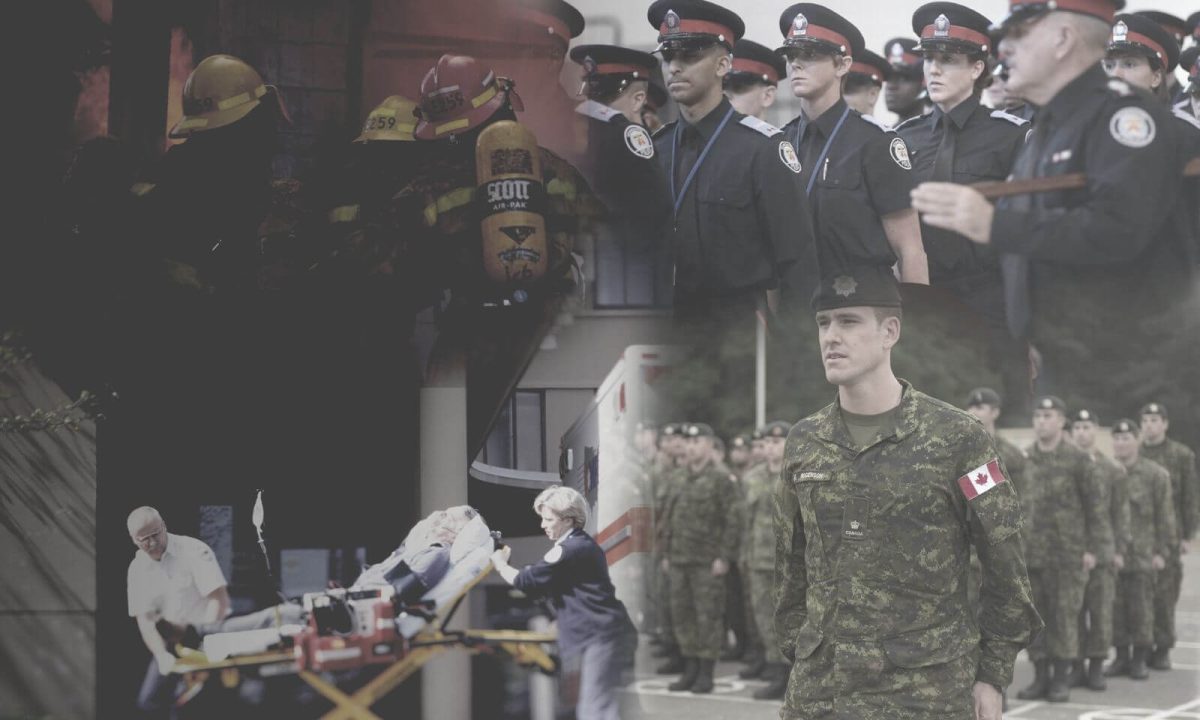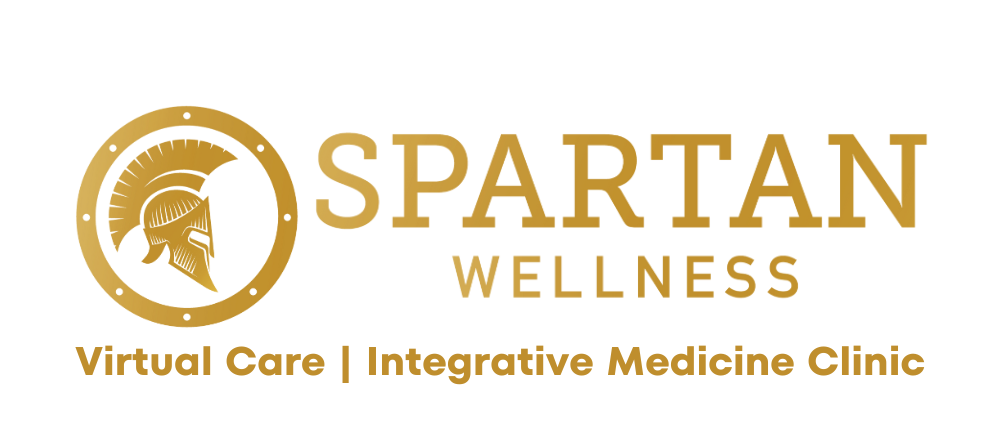10 Things I Wish I Knew Coming Out of the Forces
Transitioning out of the Forces into civilian life can be emotionally and financially challenging for anyone. In order to make that change as smooth as possible, we asked Spartan Wellness co-founder, Riad Byne, to list his top 10 of what he wished he knew coming out of the Forces. In his own words, here is Riad’s top ten.
I wish I knew coming out of the forces…
1. What financial entitlements were available to me, as well as the array of other services I could access.
2. To be financially prepared for a gap between receiving my military pay and receiving severance and pension income. The timelines can be much longer then indicated when going through the release process
3. SISSIP is not the final financial support available; it is only a 2- year interim solution designed to be a stop-gap between release and either employment or VAC entitlements. Not all services advertised are easily attainable by all members. Due to the backlog of applications and the administrative requirements, it took a lot of time and patience to complete all forms.
4. My new income was not always adequately taxed at source. Don’t wait till you file your tax return to make up the difference. Ask to have more taxes taken off from your income sources so there are no big surprises.
5. That I would actively have to find new healthcare providers (doctor, dentist etc) and deal with the fact that I would have to go into all of my physical and mental health history with new people. I found myself going to walk-in clinics and it became very difficult to get the help I needed while becoming very frustrated. Take the time to research and find the resources before you get out.
6. After I left the Forces, the regimental family, including friends, co-workers, and their families, continued with their work. This sometimes meant that I lost touch with individuals and felt a loss of association with my former unit. You lose a sense of purpose and belonging. Find things and hobbies to fill the void, promoting you to get out and exercise your body and mind within your new normal.
7. There are few “fully transferable” trades that equate to good-paying jobs on civie street. Despite years of training and experience, expect a pay cut if you’re staying in your field. As good as our pay seemed at the time, there are expenses that occur that you may not be used to, thereby making your new civilian pay seem even less. Plan for this and look to upgrade your education and skill sets. Use the resources to their full advantage.
8. There are many resources available to assist during the transition out of the Forces, but you must self-advocate and request those services. Education and/or an experienced 3rd party advocate is key in this area.
9. Adjusting my personal and household spending habits to align with being paid once a month. It was a huge adjustment and can really put things back if not prepared. Be proactive.
10. Include your family in the transition out of the Forces. I tried going it alone and with so much involved it became overwhelming quickly. Having an extra set of eyes and ears is best.
It takes time to find your new normal when transitioning out of the Forces. Do not be in a rush to get busy. Take the time to find out what you can and can not do and work within that. If you set too lofty expectations for your self it will prove to be difficult and potentially set you back if you cannot meet them.
Always try and stay positive and think of positive solutions and, most importantly, remember; you served your country and you deserve the best you… don’t sell yourself short and take the time to heal and find wellness and life balance. A healthy you allows you to help others achieve health as well! 🙂
If you are transitioning out of the Canadian Military and need help accessing your VAC entitlements or require guidance, please email Spartan Wellness at info@spartanwellness.ca, call us at 1-877-219-1255 or fill out the Registration Form found here.
Spartan Wellness is a comprehensive virtual medical clinic providing services such as medical cannabis prescriptions, psychosocial support and other allied modalities and services in Canada.
Our knowledgeable medical team and education ambassadors are committed to offering personalized care and empowering patients through education and support for a better quality of life after the Forces.

